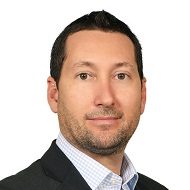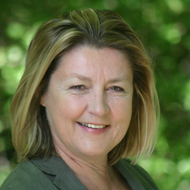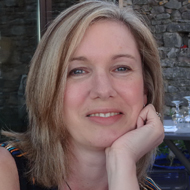Adrian is the Managing Director of ESS (Environmental and Social Sustainability), an advisory services firm focused on sustainable development in Africa and emerging economies. ESS was borne from a desire to move the sustainability agenda from aspiration to implementation. Too often in the past, Adrian had been involved in projects where very high-quality and detailed studies were completed but were rarely implemented on the ground. He also saw that investors were increasingly under pressure to improve sustainability outcomes. Beyond these factors, he saw the biggest potential gains to be made in the African context, balancing the need for urbanisation and development with the need to protect Africa’s environmental resources and ensure that benefits to communities are maximised. Adrian has worked on many large-scale, complicated projects in challenging regulatory environments, applying international standards in countries with limited infrastructure and difficult conditions. In Guinea, he was recognised by the Head of Mining and Infrastructure at the International Finance Corporation (IFC) for the implementation of environmental and social prerequisites to secure a USD 617 million loan for a globally-significant bauxite mine, including development of a 22 person team of expatriate and national staff.
Adrian notes that running a business in Africa has its challenges, but he considers himself extremely lucky that he is surrounded by a core team of specialists across Africa who understand how to implement sustainability in difficult circumstances and with limited resources. The team were already working remotely prior to COVID-19, and the fact that they have experienced specialists in-country has proved to be a real selling point to clients.
ESS are currently working on several exciting projects across the continent, in a variety of sectors, including solar parks, mining projects, wind farms and manufacturing. In Djibouti, they are providing unique HSEC Outsourcing services to support the construction of the Ghoubet 60MW wind project. The project is being developed and funded by a consortium of finance corporations and fund managers. It is a unique project in the region as it is a large-scale wind farm located in an under-developed part of Djibouti, and with the potential to serve a large proportion of Djibouti’s energy needs. There are also several key biodiversity and communities issues to be delicately managed, plus several layers of language barriers, which makes it quite a challenge. Fortunately, ESS has Africa-wide teams of multi-lingual specialists who support the development and implementation of the IMS. The investors and client have been extremely happy with the work completed, and regularly complement the team on what they have achieved during an already complicated time with COVID-19 restrictions.
Adrian believes that emerging markets have the right to develop their countries, but also the obligation to do this in a sustainable way that makes the trade-offs between economy, environment and society clear to everyone. He also sees the need for a more inclusive approach towards project development, where those communities most impacted become partners in the project, and an ecosystem of business opportunities is sought rather than focusing solely on a single project outcome. As such, in the future he would like to become more involved in developing projects in an African context, integrating sustainable development into the business model. Similarly, he aims to increase the number of management boards within which he sits as a Director, advising corporate bodies on how to best design their projects in order to implement sustainable development on the ground.
Adrian became a Full Member of the IES in 2007, achieved Chartered Environmentalist status in 2009, and subsequently became a Chartered Scientist in 2011.
“The IES provides access to the Chartered Scientist and Chartered Environmentalist professional qualifications, both of which I have been fortunate enough to be awarded. The IES has also proven an invaluable repository of information on best practice in the environmental sector, and whenever I am in London I make a point of attending any presentations and visiting the IES offices.”




